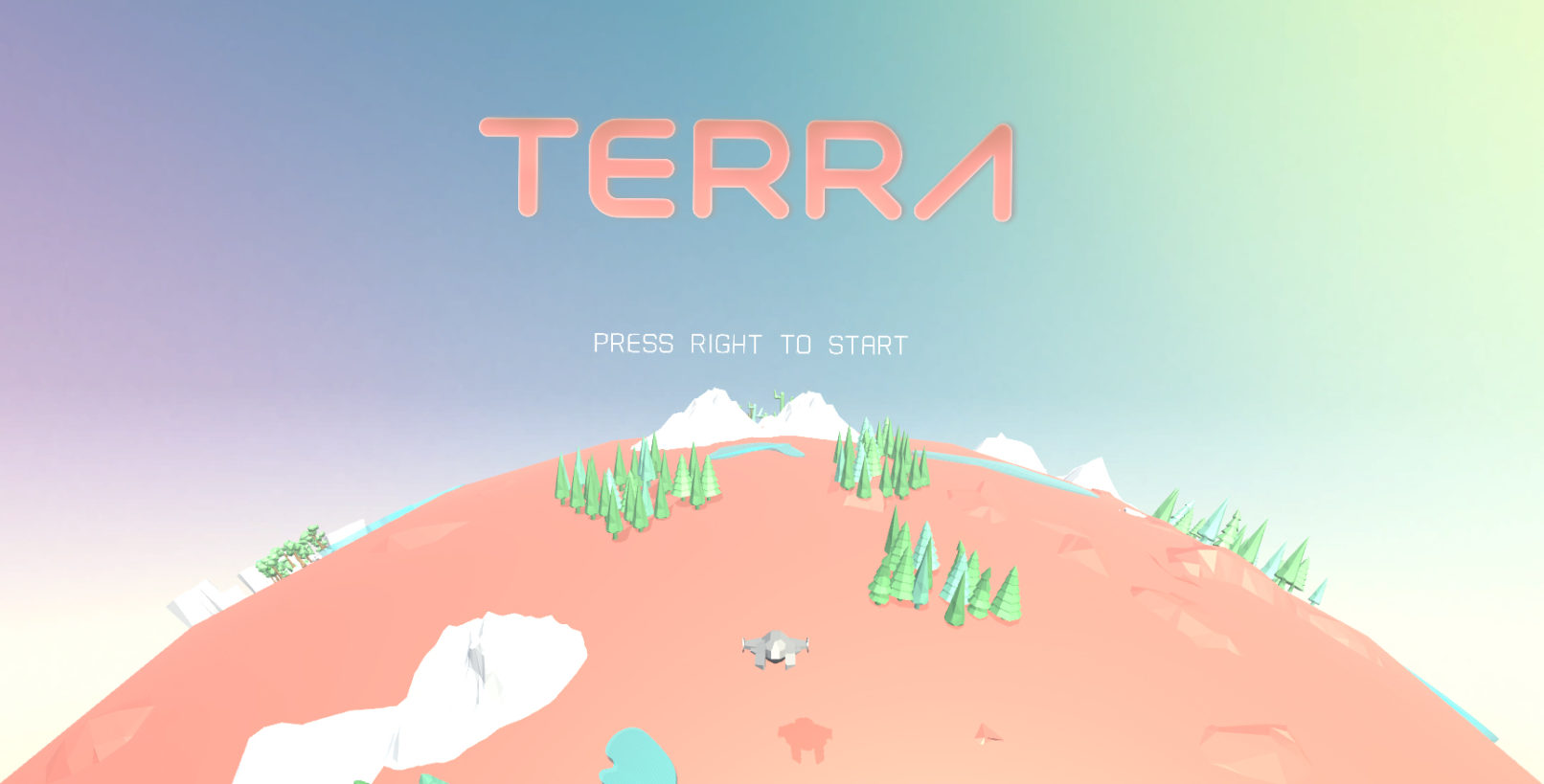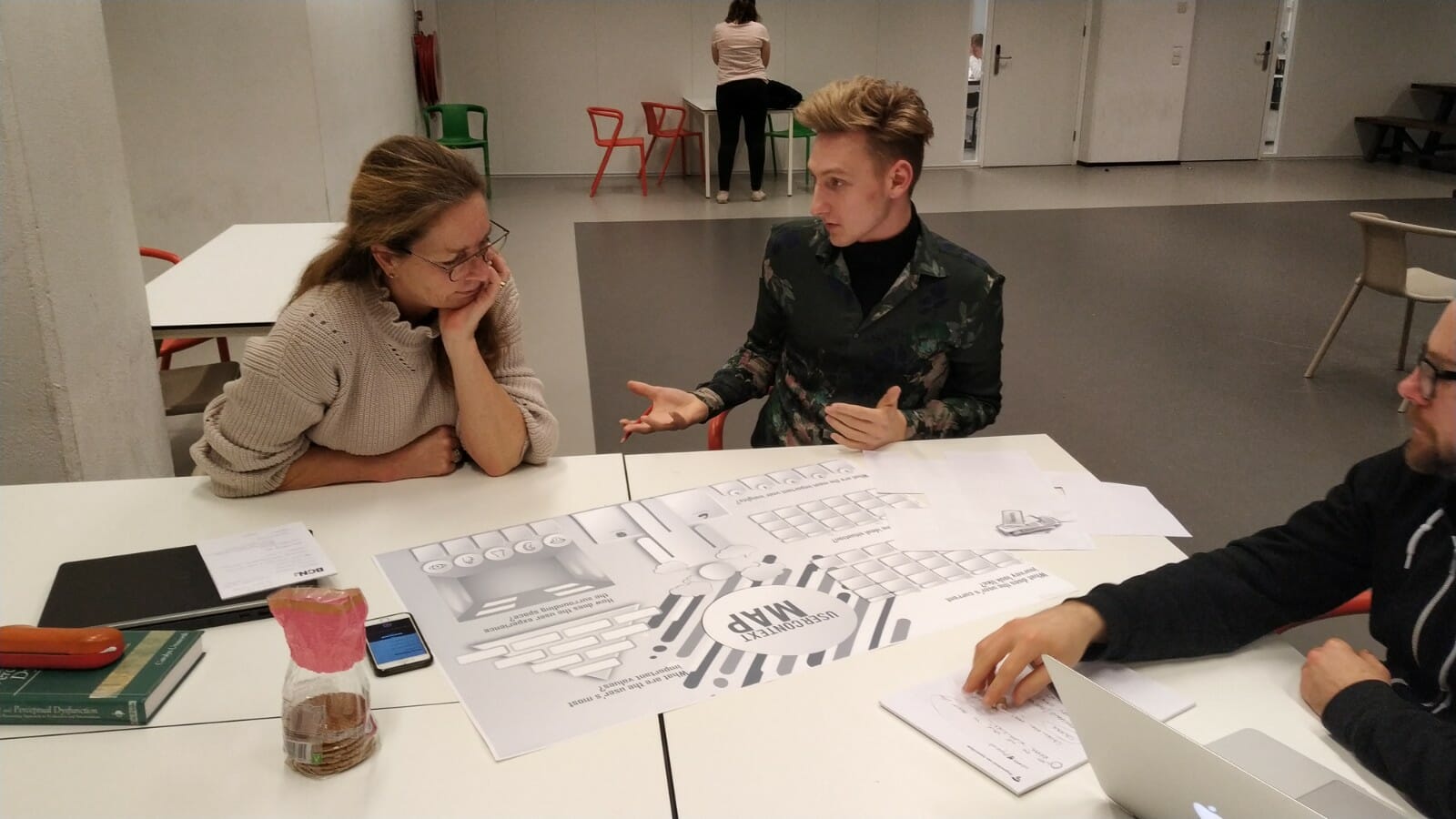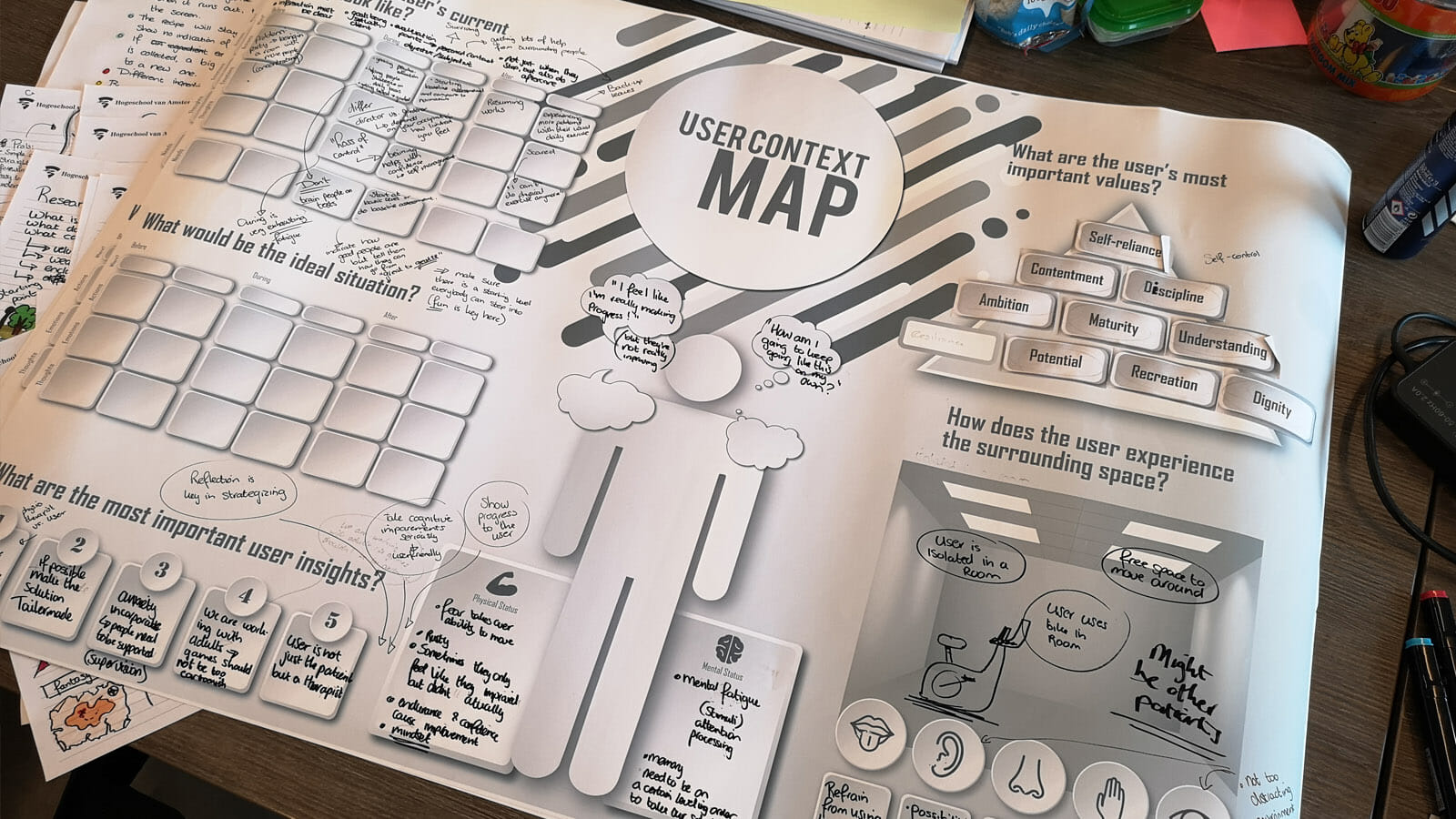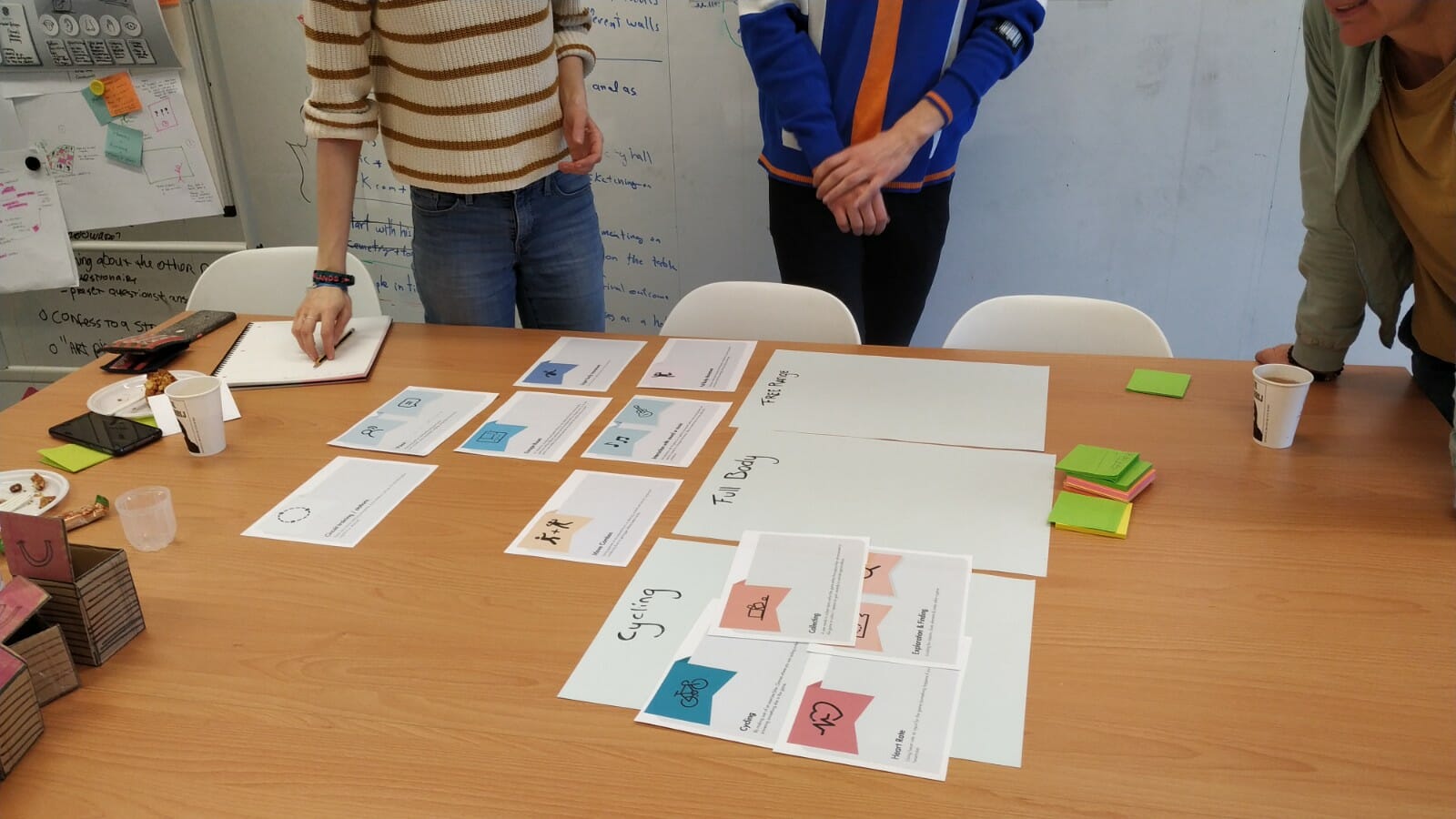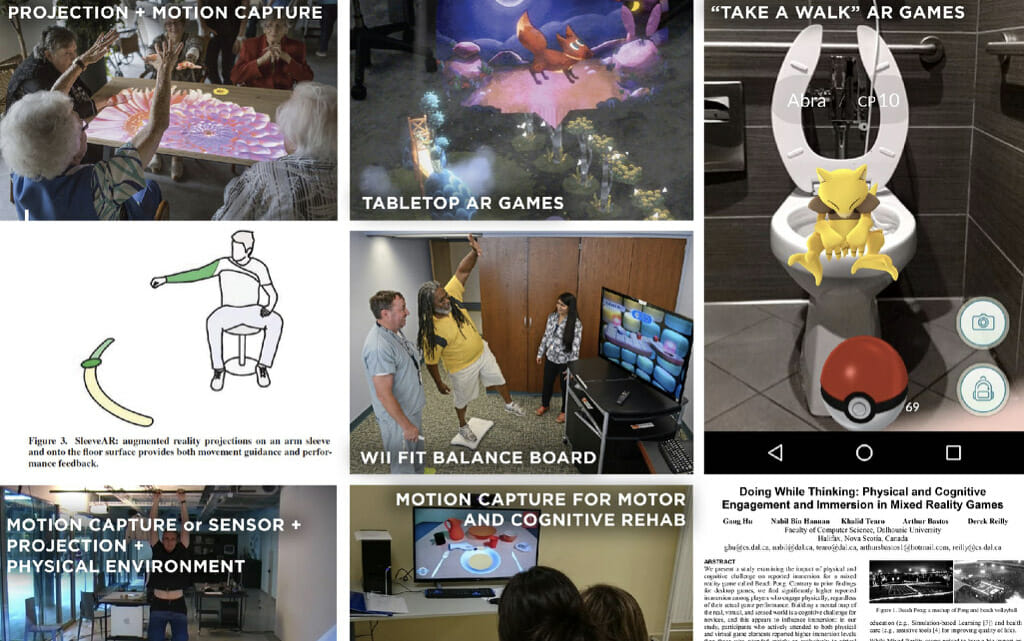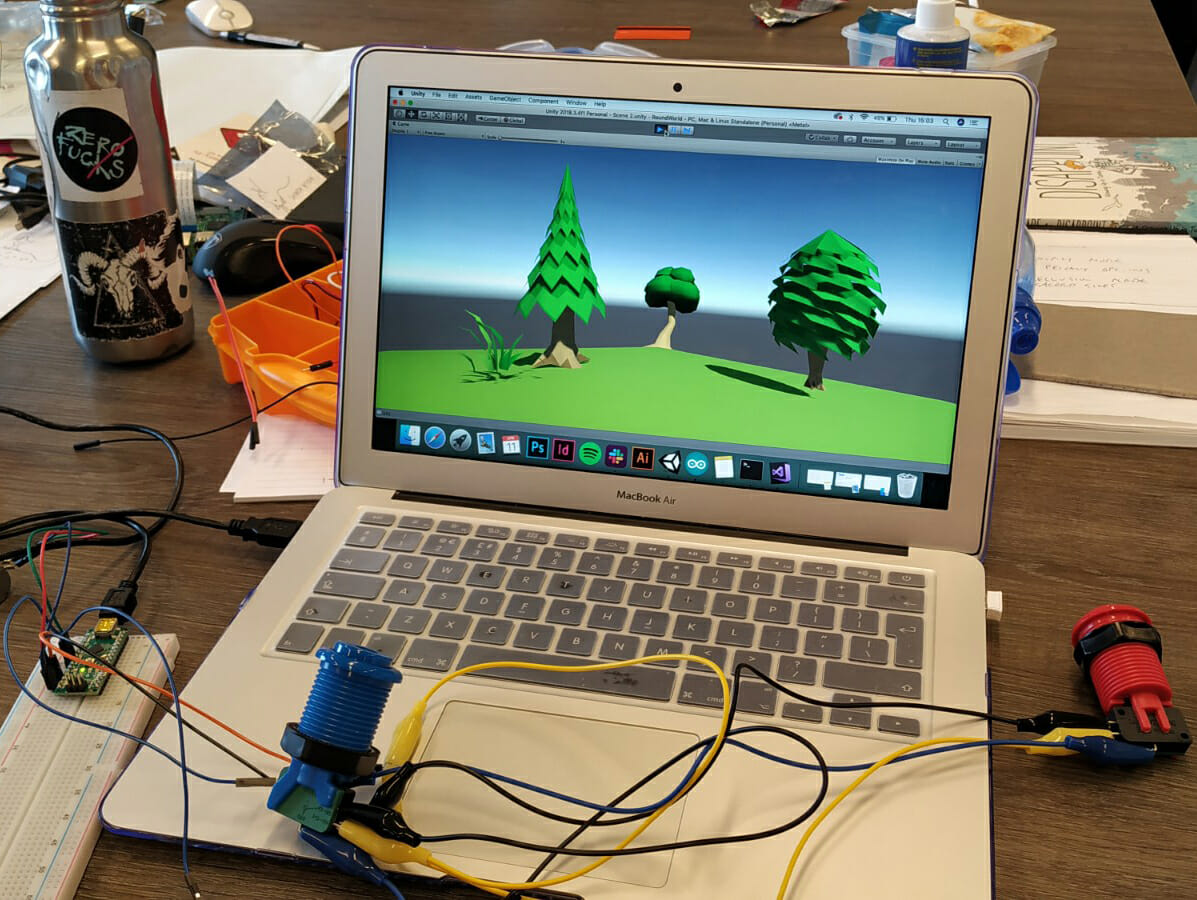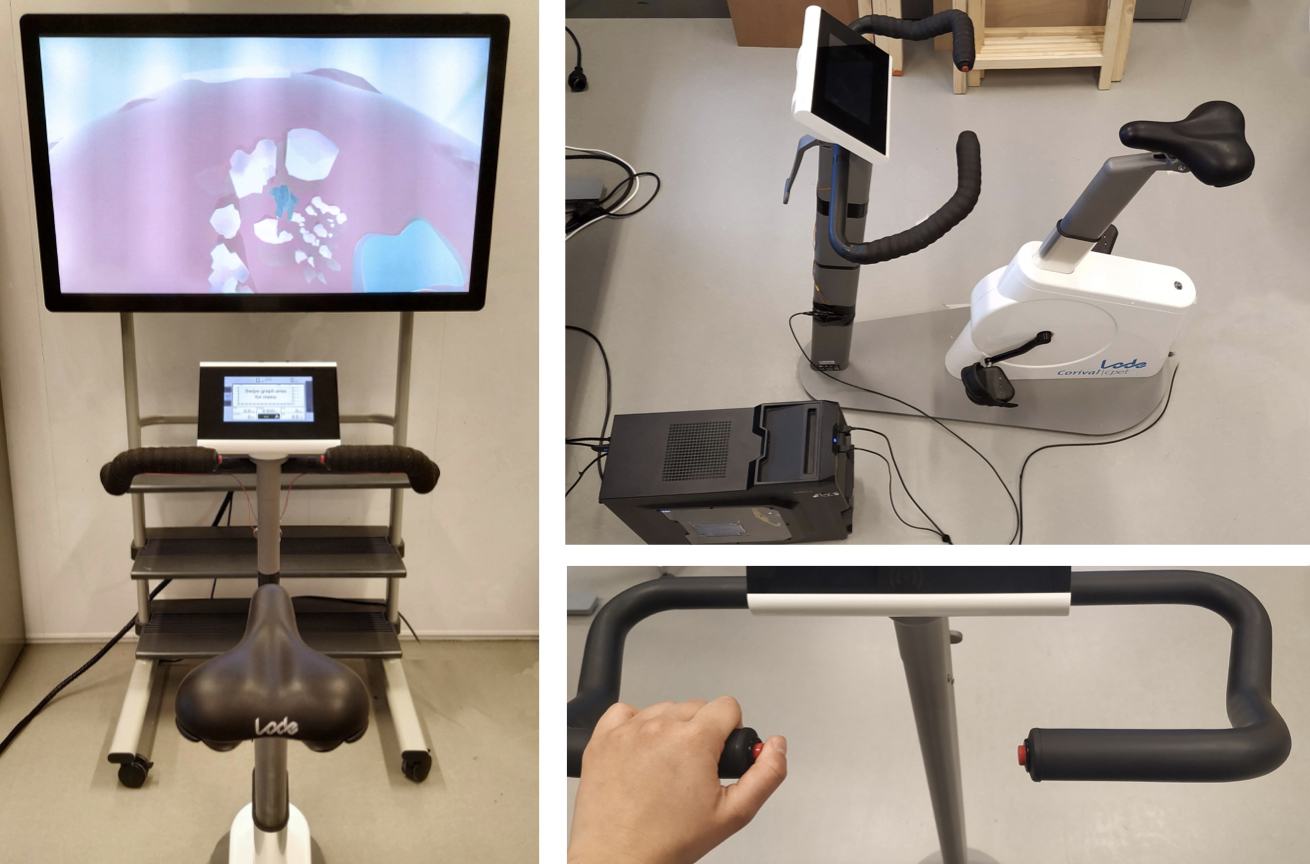TERRA
January - May 2019
Brain cancer patients suffer from cognitive impairments that make everyday tasks challenging and cause fatigue, moodiness, and social isolation. Research shows that combining brain games with high-intensity exercise can improve the speed and long-term success of cognitive rehabilitation. Our clients asked us to design a clinically based, immersive therapeutic experience that trains both mind and body to improve quality of life.
USER RESEARCH
Because client-side human subjects research restrictions prevented us from gaining direct access to our target patient group, we needed to find a way to conduct “user research without users.” Interviews with neuropsychologists and occupational and physical therapists who had extensive experience with this population helped us discover user contexts, develop patient profiles, and generate product needs. We also researched patient forums online and reviewed the relevant scientific literature to support our interviews.
PRODUCT NEEDS
- Engaging and immersive.
- Customizable to meet patient abilities and goals.
- Provides continuous physical and cognitive challenge over several weeks of treatment.
- Empowers patients.
- Safe, both physically and psychologically.
- Simple, relatively inexpensive, and easily implementable (because therapists are also our users).
DESIGN RESEARCH
Research in exergaming, cognitive gaming, and various technologies applied across these fields numerous (mobile apps, VR, motion capture, etc.) supported the development of several technical concepts that we tested against our product needs, including:
- An outdoor puzzle-solving exercise adventure supported by mobile augmented reality.
- An alternating puzzle and high-intensity interval workout using a smart exercise bike fitted with custom controls.
- Circuit training merged with puzzle solving supported by motion-capture technology.
We tested these technical concepts with a variety of rapid prototyping approaches, including: cardboard mockups, site-specific behavioral scenarios, technical prototypes using motion capture, and a formal experiment comparing the physical and psychological comfort of screen versus VR-based exergaming. Testing showed that option 2, using a more traditional screen-based interface, was most likely to meet our patient needs.
FINAL CONCEPT
Imagine discovering a tiny, frozen planet in need of tender loving care. By nurturing that planet with hard physical work and careful mental focus, you can restore it to a thriving ecosystem, complete with lakes, mountains, forests, and even undiscovered creatures.
EXECUTION
TERRA is a planet-building game played on a smart exercise bike commonly found in clinical settings. The bike’s handlebars include simple custom controls and the whole system connects to a PC with an oversized display. Players terraform their planet through a series of low and high-intensity cycling stages tailored to each patient. In each low-intensity stage, players earn terraforming resources like water, geology, vegetation, and even alien creatures through cognitive games that target planning and divided attention skills. In each high-intensity stage, players use those resources to explore and nurture as much of their planet as possible, raising their heart rate in the process. Over the course of their treatment, each player’s planet reflects improvements in physical fitness and cognitive skill.
CLIENTS
Dr. Karin Gehring, Cognitive Neuropsychologist, Tilburg University.
Dr. Martijn Stuiver, Clinical Epidemiologist and Physiotherapist, Netherlands Cancer Institute (NKI).

